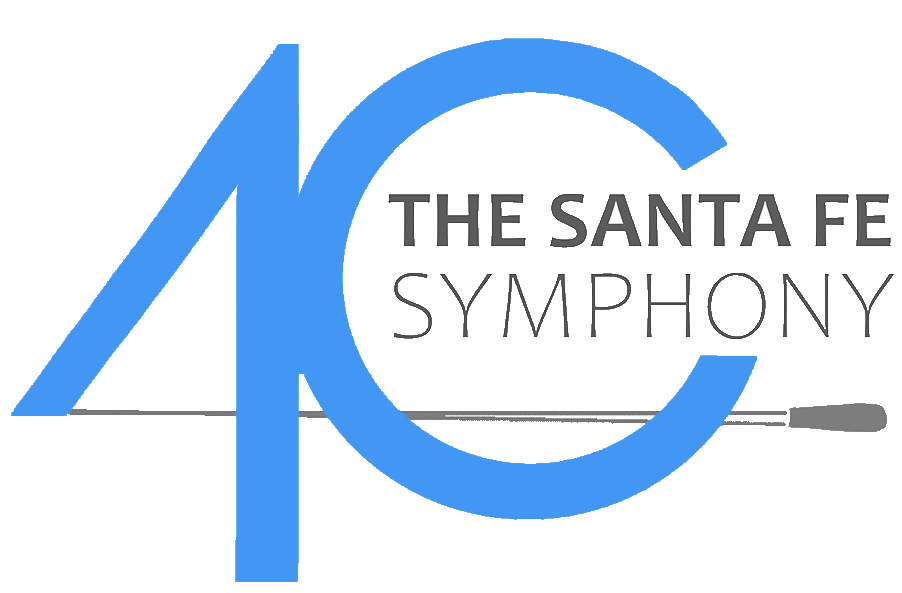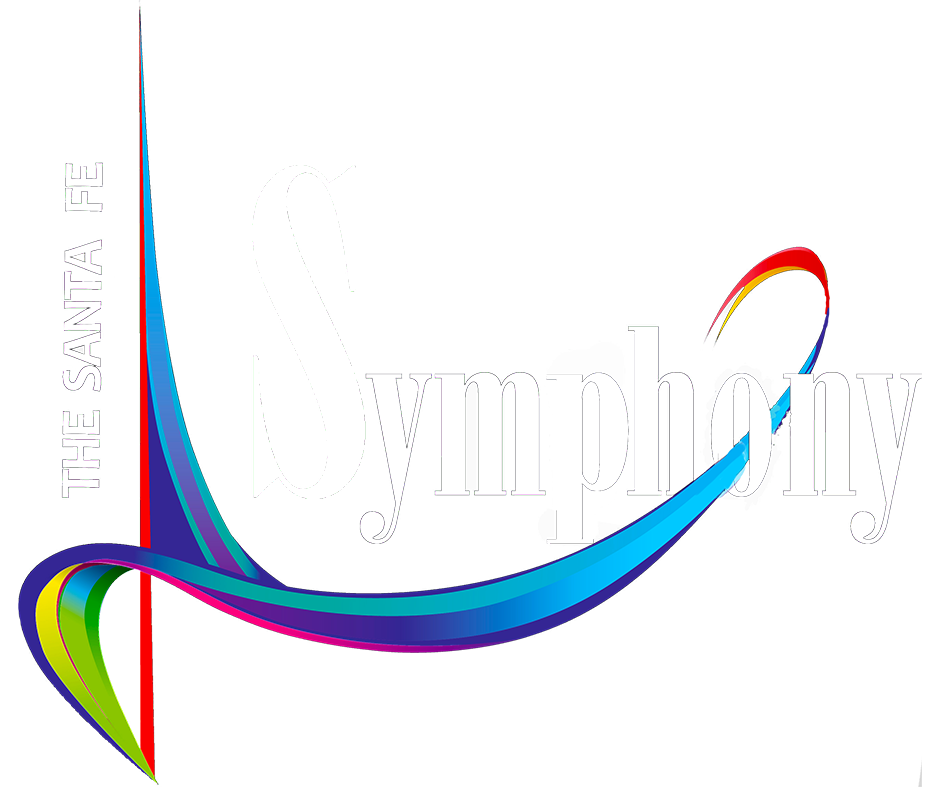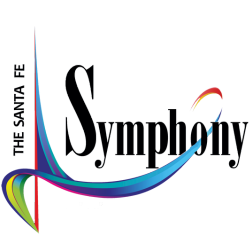Jeff Cornelius, Principal Percussion
Jeff Cornelius, Principal Percussion Jeff Cornelius joined The Santa Fe Symphony during the 2025-2026 season. Prior to his tenure in Santa Fe, he has performed with the New Mexico Symphony Orchestra, serving as their principal percussionist from 1986 to 2011. He earned a Bachelor of...
Musicians
Henry Jenkins, Violin
Henry Jenkins, Violin Violinist Henry Jenkins joined The Santa Fe Symphony in 2025. He is a member of the first violin section.
Rebecca Callbeck, Violin
Rebecca Callbeck, Violin Violinist Rebecca Callbeck joined The Santa Fe Symphony in 2024. She grew up in the Colorado Springs area, where she performed with the Colorado Springs Youth Symphony and the Manitou Chamber Music Festival before attending St. Olaf College. After earning her Bachelor’s...
Carol Swift, Violin
Carol Swift, Violin Violinist Carol Swift is a member of The Santa Fe Symphony's first violin section. She also performs with New Mexico Philharmonic, Cabrillo Festival of Contemporary Music, Opera Southwest and The Santa Fe Concert Association. In addition to her work as a performer,...
Elizabeth Baker, Violin
Elizabeth Baker, Violin Violinist Elizabeth Baker has enjoyed a 40-year orchestral career and she's not about to slow down. After performing 10 years with the San Francisco Orchestra and 30 years with the Los Angeles Philharmonic, she relocated to Taos. She now performs with The...
Alan Mar, Violin
Alan Marr, Violin Alan Mar moved to New Mexico from Santa Barbara, California in 1995 after completing graduate studies in electrical engineering at the University of California and is currently a research scientist at Sandia National Laboratories. Alan began playing the violin in the fifth...
Carla Fabris – Harp
by
knun2
Carla Fabris, Principal Harp Swiss-American harpist Carla Fabris is an active performer of orchestral, solo, and chamber music, as well as a passionate music educator. She is currently the Principal Harpist of The Santa Fe Symphony and the New Mexico Philharmonic. As a performing artist, Carla has...
Elizabeth Young, Violin
Elizabeth Young, Violin Violinist and pianist Elizabeth Young has performed at Carnegie Hall, Lincoln Center, Jazz at Lincoln Center, the Metropolitan Museum of Art, Radio City Music Hall, and The United Nations, among other notable venues in New York City, as well as the National...
David Felberg, Violin
by
knun2
David Felberg, Concertmaster Praised by The Santa Fe New Mexican for his “fluid phrases, rich focused tone, rhythmic precision, and spot-on intonation,” Violinist David Felberg, an Albuquerque native, is Concertmaster of The Santa Fe Symphony and also performs with Santa Fe Pro Musica. He is Artistic Director...
André Silva, Violin
by
knun2
André Silva, Violin Born in São Paulo, Brazil, André Silva began his violin studies at the age of 16. From 2010 to 2016, he was a member of the São Paulo Youth Symphony, serving as concertmaster in 2011, and performed on tours throughout Brazil, Europe,...
Elizabeth Young | Violin | Youth Program Director
by
knun2
Elizabeth Young | Violin & Education & Community Director Violinist and pianist Elizabeth Young has performed at Carnegie Hall, Lincoln Center, Jazz at Lincoln Center, the Metropolitan Museum of Art, Radio City Music Hall, and The United Nations, among other notable venues in New York City,...
Allison Rich, Cello
by
knun2
Allison Rich, Cello Allison Rich is a performer and music educator working in both New Mexico and Michigan. She is an experienced orchestral musician, having performed with orchestras including the Toronto Symphony, Santa Fe Opera Orchestra, and the Detroit Opera, among others. She is currently...
Daniel Nebel, Horn
by
knun2
Daniel Nebel, Principal Horn Dr. Daniel Nebel grew up in New Mexico and is currently a freelance multi-instrumentalist and educator based in Colorado. Nebel completed his Doctor of Music at the University of Northern Colorado with an emphasis in Sports and Exercise Science in 2023....
Andrew Meyers, Horn
by
knun2
Andrew Meyers, Horn Andrew Meyers is the Second Horn of the Santa Fe Symphony. In addition to his position in the Santa Fe Symphony, he also holds the position of Fourth Horn in the Fort Collins Symphony and New Mexico Philharmonic. Andrew is also an...
André Silva
by
knun2
André Silva, Violin Born in São Paulo, Brazil, André Silva began his violin studies at the age of 16. From 2010 to 2016, he was a member of the São Paulo Youth Symphony, serving as concertmaster in 2011, and performed on tours throughout Brazil, Europe,...


